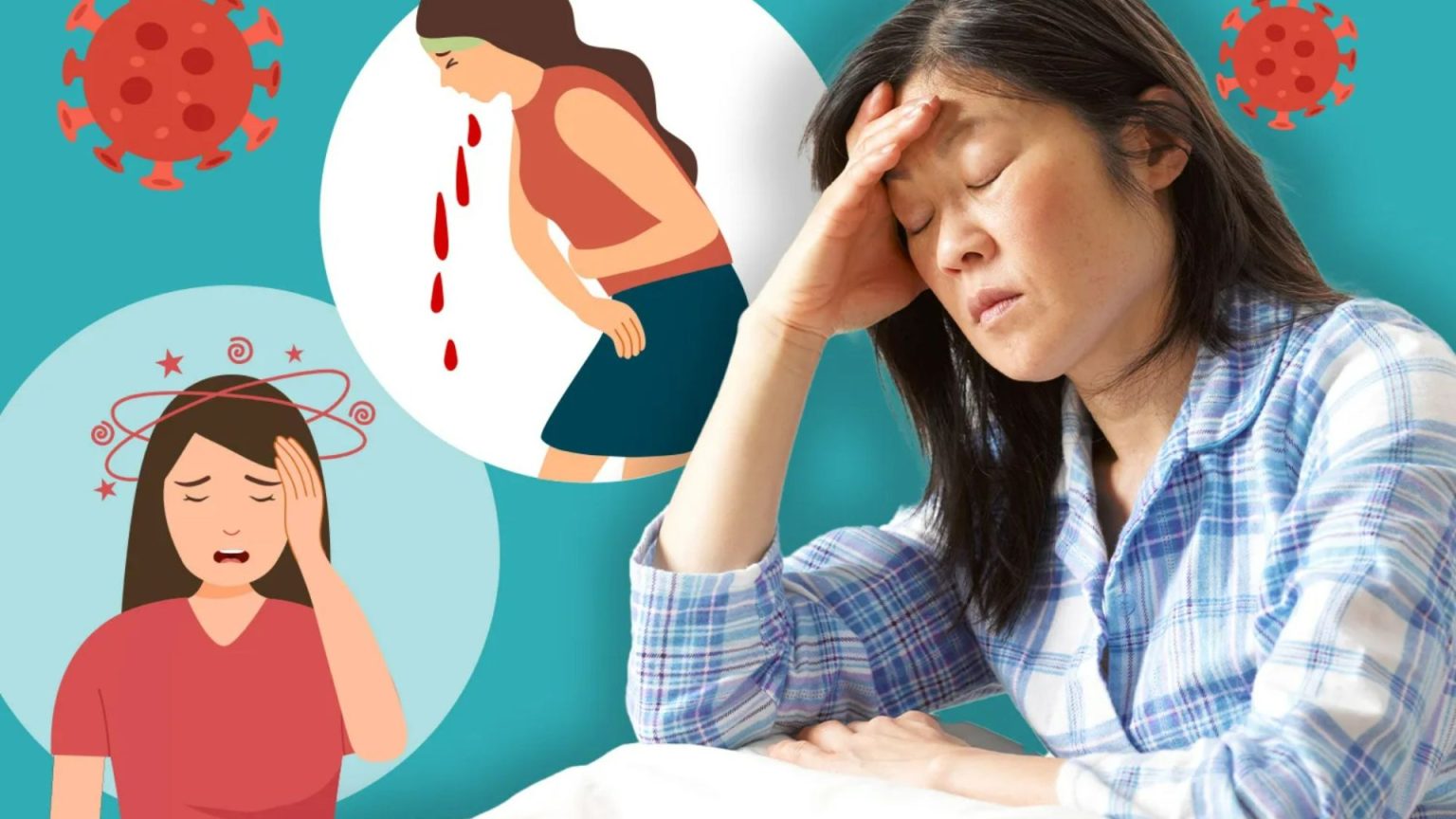Norovirus, commonly known as the “winter vomiting bug,” is experiencing a significant surge in the UK, with hospitalization rates reaching a five-year high. The virus is typically more prevalent during the winter months as people spend more time indoors, facilitating its spread. However, this year’s wave has proven particularly intense, with reported norovirus cases in English hospitals a staggering 80% higher than the same period last year. Data reveals an average of 784 daily hospitalizations due to norovirus in the week of January 19th, a substantial increase from the 650 reported the previous week. These figures are the highest observed for any January since 2020, highlighting the severity of the current outbreak.
Norovirus typically presents with symptoms such as nausea, vomiting, and diarrhea. Additional symptoms may include fever, headache, and body aches. While most cases resolve within two days with rest and adequate hydration, the virus can pose a serious threat to vulnerable populations, including individuals with weakened immune systems, the elderly, and young children. Medical attention should be sought immediately if symptoms such as blood or coffee-ground-like vomit, green vomit (in adults or yellow-green/green in children), stiff neck accompanied by light sensitivity, or sudden, severe headache or stomach pain occur.
Preventing norovirus transmission requires diligent hygiene practices. The Centers for Disease Control and Prevention (CDC) recommends frequent handwashing with soap and water for at least 20 seconds, particularly after using the toilet, changing diapers, before handling food, and before administering medication. While hand sanitizers can be used as a supplement, they are not as effective against norovirus and should not replace thorough handwashing.
Safe food handling is another crucial aspect of norovirus prevention. Thorough washing of fruits and vegetables, proper cooking of shellfish to an internal temperature of at least 63°C (145°F), and regular sanitization of kitchen surfaces are essential. Raw oysters should be kept separate from ready-to-eat foods to prevent cross-contamination. It’s important to note that norovirus can survive temperatures as high as 63°C, so quick steaming may not be sufficient for decontamination. Any food suspected of contamination should be discarded, even if it appears normal.
In the event of norovirus-related vomiting or diarrhea, thorough cleaning and disinfection of contaminated areas are crucial. Using gloves, the affected area should be wiped clean with paper towels and disinfected according to product instructions, allowing bleach-based disinfectants to sit for at least five minutes. Subsequently, the area should be cleaned again with soap and hot water. Contaminated laundry should be washed separately with detergent and hot water at the highest possible temperature setting and then machine dried on high heat.
Norovirus can also spread through contaminated clothing. It is crucial to immediately remove and wash any clothing or linens soiled with vomit or feces. This should be done while wearing gloves, handling the items carefully to avoid shaking, and washing them with detergent and hot water at the highest available cycle length, followed by machine drying at the highest heat setting. Thorough handwashing after handling contaminated laundry is essential. Individuals infected with norovirus should remain off work or school until they have been symptom-free (no vomiting or diarrhea) for at least 48 hours, as this is the period of highest infectivity. Visits to hospitals or care homes should also be avoided during this time.
This year has seen a confluence of winter illnesses, including flu, COVID-19, and RSV, putting additional strain on healthcare systems. While flu rates have declined from their peak, they remain significantly higher than last year, with an average of 3,833 daily hospitalizations reported in the last week of January. COVID-19 continues to impact hospital capacity, with over a thousand patients hospitalized daily. RSV cases, particularly affecting children, are also significantly higher than last year, though showing a recent downward trend. This combined burden of winter illnesses underscores the importance of preventative measures and responsible healthcare utilization. The NHS advises using the 111 online service for non-emergency medical advice and reserving emergency services (999 or A&E) for life-threatening situations.











